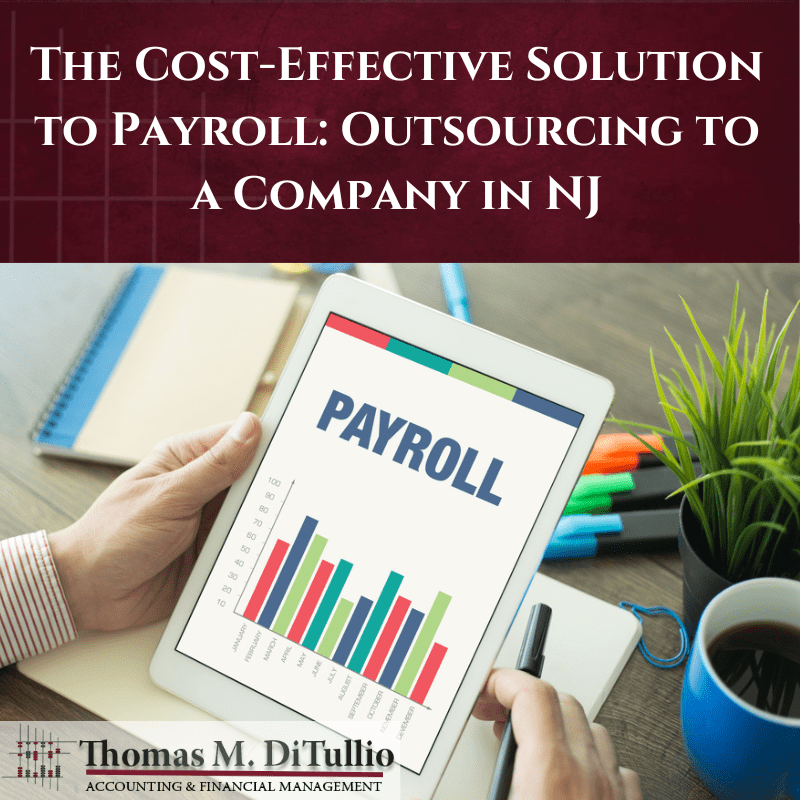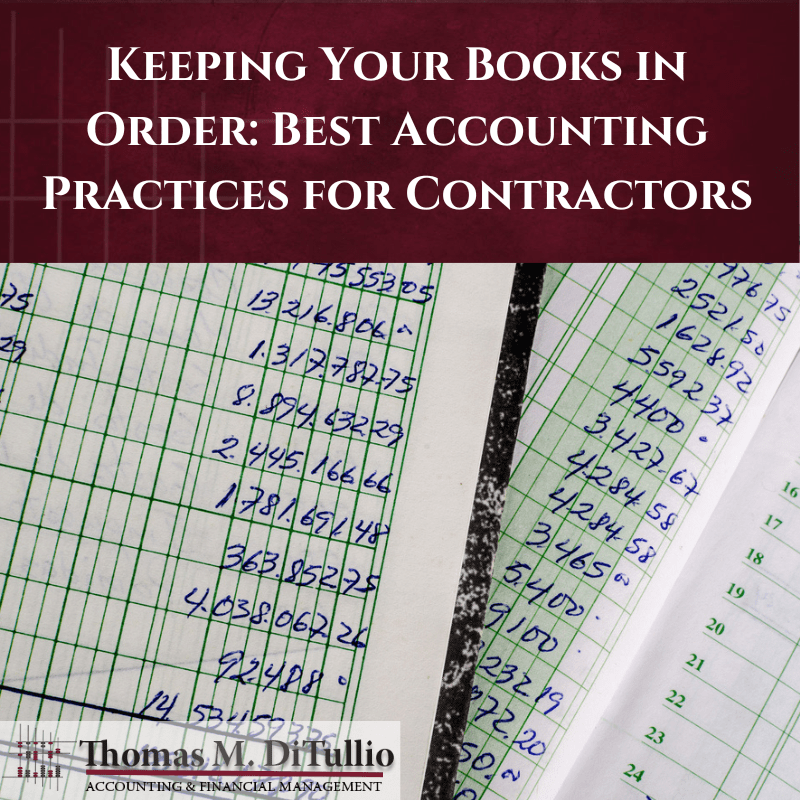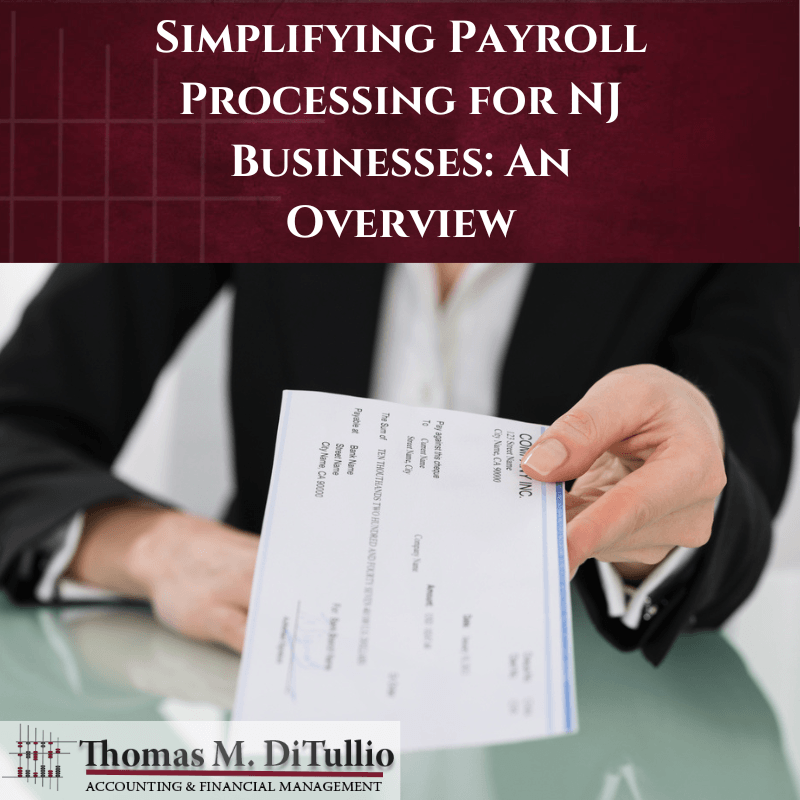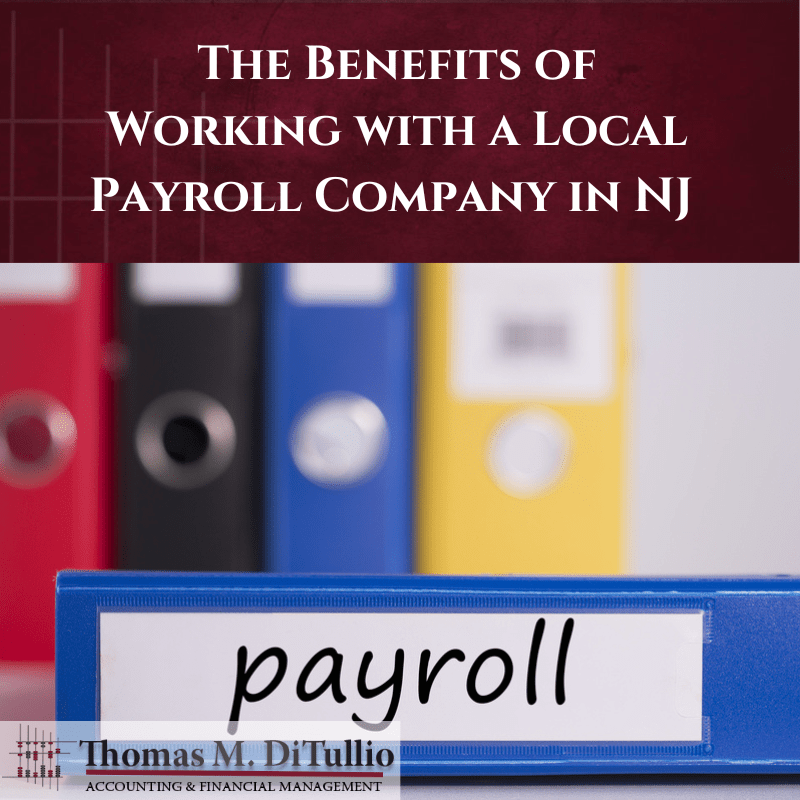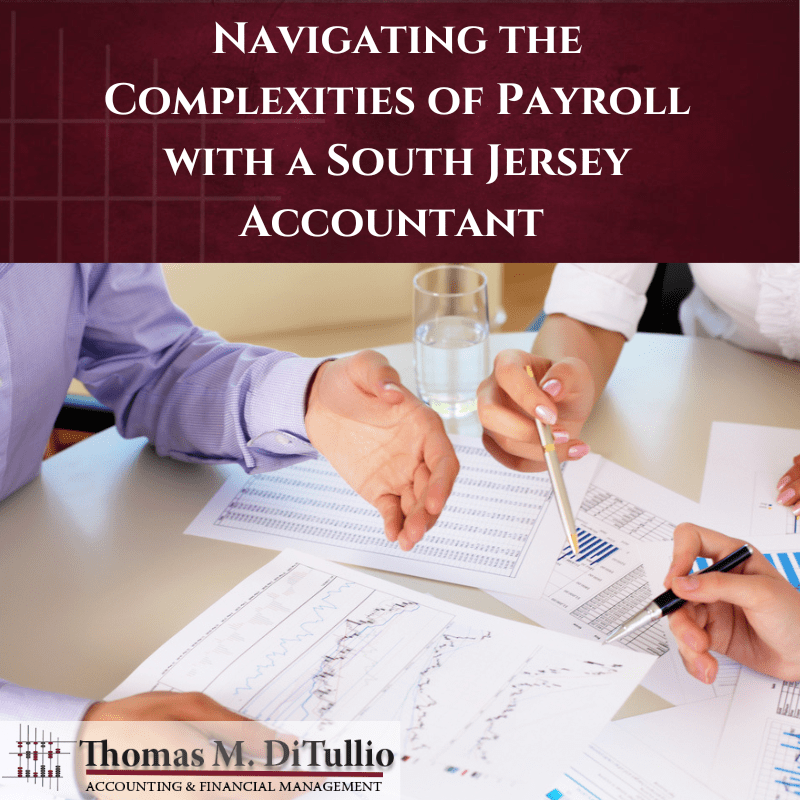The Cost-Effective Solution to Payroll: Outsourcing to a Company in NJ
Although there are many options available that your company may use to outsource, one of the most popular business processes to hand over to an outside company is payroll. Let’s face it: Payroll can be complicated and time-consuming. That is why you should consider outsourcing to a South Jersey accountant, because there are many benefits to using their services.
What is Payroll Outsourcing?
According to accountants in South Jersey, payroll outsourcing is when you hire an outside source to handle your payroll needs. When deciding “is an accountant for my small business necessary for payroll,” there are certain things to remember. You can outsource the entire payroll process from creating time cards to paying tax balances. Or, you can choose to keep some facets of payroll in-house.
How Does Payroll Outsourcing Work?
Once you have made the decision to outsource payroll, you will need to determine what parts of payroll you want to keep and what you want to allow the outside company to handle. The first thing a South Jersey accountant will do is to establish a method to transfer information.
Keep in mind this is not just information about salaries, but also sensitive data related to your staff. The company will need names, social security numbers, vacation and sick day policies, expense allowance rules, addresses, wages and more. Therefore, accountants in South Jersey often ask for a data protection policy as well. Once the data is collected and entered, the outside company will begin processing payroll.
Benefits of Outsourcing Payroll
If your company does not have a dedicated finance and administration team in-house, outsourcing payroll is extremely beneficial as it will remove the burden of paying employees from staff who have other duties. Even if you have in-house financial experts, accountants in South Jersey can allow them to focus on strategic planning and other aspects of your company. Outsourcing payroll will also guarantee that your staff is paid in a timely manner and that your employment taxes are filed properly. At the end of the year, tax forms will be sent out to your employees so that they arrive as quickly as possible.
Things to Consider Before Outsourcing
Things you should consider when wondering “is an accountant for my small business payroll important” include the size of your workforce and the number of people who are currently responsible for the payroll process. You also want to remember that if just one person has been responsible for payroll, they may be concerned about job security. You will need to decide where that employee’s attentions will now be focused. Accountants in South Jersey are also beneficial if your company lacks adequate expertise and knowledge in payroll processes, especially if your business if fairly new. In addition, remember that you will need to determine if outsourcing will be less costly than the method you are currently using.
Payroll Outsourcing Saves Time and Money
Research indicates that outsourcing payroll to a South Jersey accountant can actually save time and money. Payroll is one of the most time-consuming business processes and by freeing up your financial staff by shifting payroll elsewhere, they can focus on goals that will help your company grow. In addition, the cost of outsourcing is almost always less expensive than paying employees to handle it.
Compliance and Error Protection
One of the main reasons to let accountants in South Jersey handle your payroll is that they are able to identify hidden costs you may have missed in your payroll. Not only that, you minimize the risk of errors, late payroll tax filings as well as missed deadlines. Your staff is paid in a timely fashion and you are sure to meet all payroll regulations necessary under governmental requirements.
Disadvantages of Outsourcing Payroll
There are a few disadvantages to outsourcing payroll. Although you will likely work closely with a TMD Accounting, you will still be handing control over to a third party. Your staff will still need to take time to coordinate certain tasks and activities. This may mean reviewing time sheets and expense reports before they are submitted to the accountants in South Jersey. It is still important to monitor results to be sure the outsourced company is meeting expectations.
What to Look for In a South Jersey Accountant
When deciding a company to handle your payroll, there are things you should look for. You want good internal controls that indicate the company is structured, organized and offers quality performance. You also want to choose a company that uses the most up-to-date technology. Accountants in South Jersey should be on top of regulations, especially changes to the United States tax code which is complicated and subject to change often. You also want to choose a company that has competitive pricing and offers outstanding customer service.
Looking to Outsource Your Payroll?
Outsourcing your payroll can be a complicated decision which is why you need to choose a South Jersey accountant that puts their clients first. At TMD Accounting, numbers matter and people count, a motto we have followed for more than 40 years. We are family-owned and operated, and our team takes pride in treating our clients well. We understand as accountants in South Jersey that payroll is a complicated process and we want to be sure your transition to outsourcing is as smooth as possible. Contact TMD Accounting today by calling 1-856-228-2205 or by filling out the easy online form. See how we can help take your company to the next level.


